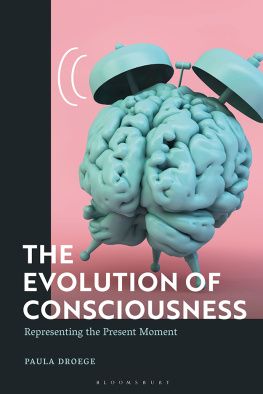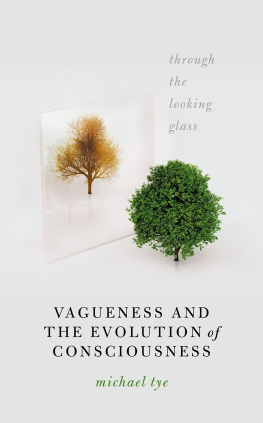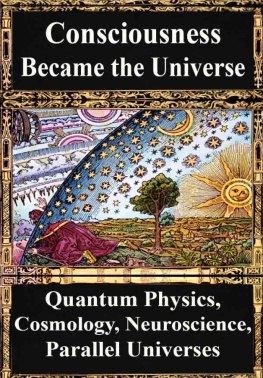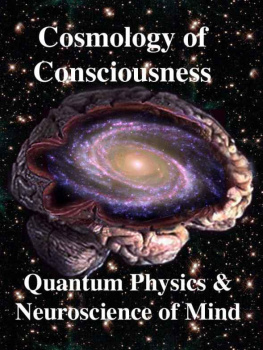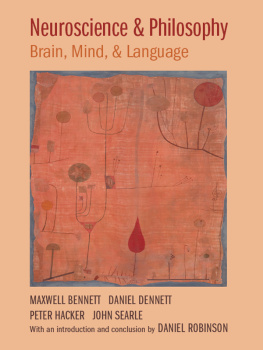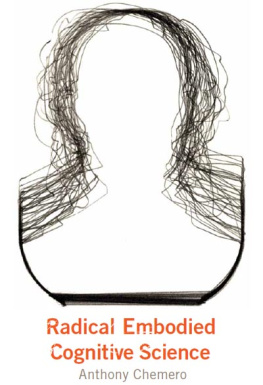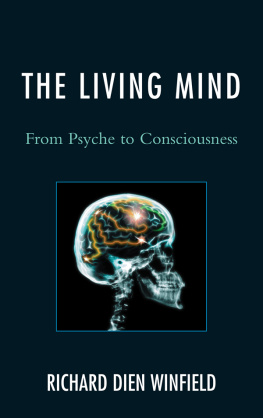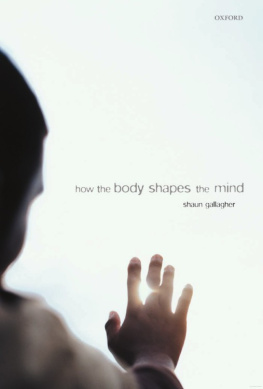Paula Droege - The Evolution of Consciousness: Representing the Present Moment
Here you can read online Paula Droege - The Evolution of Consciousness: Representing the Present Moment full text of the book (entire story) in english for free. Download pdf and epub, get meaning, cover and reviews about this ebook. year: 2021, publisher: Bloomsbury Academic, genre: Religion. Description of the work, (preface) as well as reviews are available. Best literature library LitArk.com created for fans of good reading and offers a wide selection of genres:
Romance novel
Science fiction
Adventure
Detective
Science
History
Home and family
Prose
Art
Politics
Computer
Non-fiction
Religion
Business
Children
Humor
Choose a favorite category and find really read worthwhile books. Enjoy immersion in the world of imagination, feel the emotions of the characters or learn something new for yourself, make an fascinating discovery.
- Book:The Evolution of Consciousness: Representing the Present Moment
- Author:
- Publisher:Bloomsbury Academic
- Genre:
- Year:2021
- Rating:4 / 5
- Favourites:Add to favourites
- Your mark:
The Evolution of Consciousness: Representing the Present Moment: summary, description and annotation
We offer to read an annotation, description, summary or preface (depends on what the author of the book "The Evolution of Consciousness: Representing the Present Moment" wrote himself). If you haven't found the necessary information about the book — write in the comments, we will try to find it.
The Evolution of Consciousness brings together interdisciplinary insights from philosophy, neuroscience, psychology and cognitive science to explain consciousness in terms of the biological function that grounds it in the physical world.
Drawing on the novel analogy of a house of cards, Paula Droege pieces together various conceptual questions and shows how they rest on each other to form a coherent, structured argument. She asserts that the mind is composed of unconscious sensory and cognitive representations, which become conscious when they are selected and coordinated into a representation of the present moment. This temporal representation theory deftly bridges the gap between mind and body by highlighting that physical systems are conscious when they can respond flexibly to actions in the present. With examples from evolution, animal cognition, introspection and the free will debate, this is a compelling and animated account of the possible explanations of consciousness, offering answers to the conceptual question of how consciousness can be considered a cognitive process.
Paula Droege: author's other books
Who wrote The Evolution of Consciousness: Representing the Present Moment? Find out the surname, the name of the author of the book and a list of all author's works by series.

